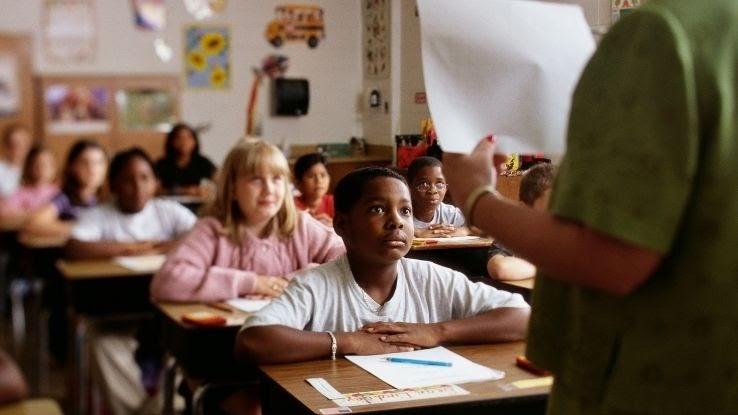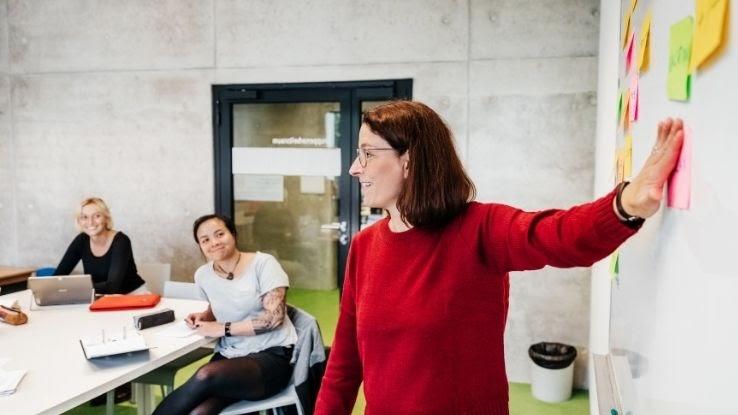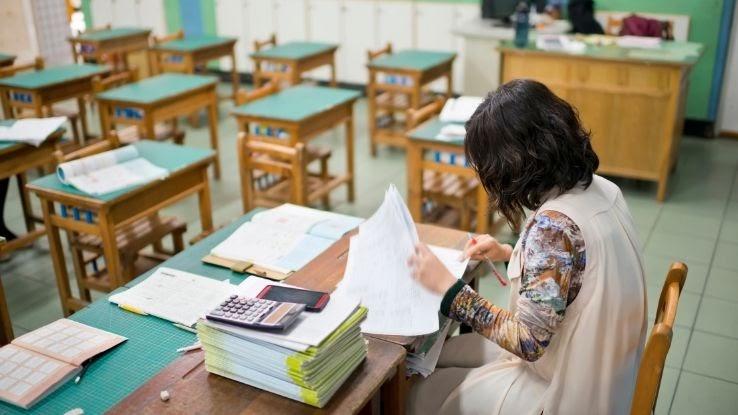The Relationship Between Culture and Education

What came first: culture or education? It’s an ongoing debate due to the fact that culture and education are so interconnected. It’s almost impossible to determine categorically whether culture influences education first, or if education shapes cultures into what they are. However, it’s very clear that the relationship between the two is complex and worth examining.
In this article, we’ll look at the relationship between culture and education and discuss their official definitions. We’ll also look at the ways people answer the age-old question of how these concepts individually influence each other to shape the classroom environment and society in general.
Relationship Between Culture and Education

The connection between culture and education runs several levels deep. While it may be impossible to come to any sort of meaningful conclusion about which came first, we can most definitely explore how culture and education intertwine. In a school setting, students tend to engage more with what they’re learning about when they’re able to relate to the subject on a personal level. We can connect that with the relationship between culture and education and say that when educational materials are relevant to a student’s culture, the lesson becomes more successful.
In order for that to happen, education needs to acknowledge each person’s culture and offer information and experiences to the students to make everyone feel included. There are many benefits to such inclusivity; when students feel that their culture is recognized and appreciated in an education setting, they will feel more engaged in lectures and more connected with other students. By including culture in the educational setting we also promote diversity, which further enriches every student’s experience.
This concept also translates to society as a whole. The more we can learn about other cultures and realize that we share many similarities, the more we can bridge the gaps that stop people from coming together due to prejudice. Therefore, education plays an important part in relation to culture. However, before we explore how the two connect in more detail, we have to define both terms to understand them better.
The Definition of Culture

Culture is commonly defined as people who share the same beliefs, values and practices. However, the meaning of culture can spark huge debates among anthropologists who have trouble agreeing on what culture actually is. There are so many arguments about this that anthropologists Alfred Kroeber and Clyde Kluckhohn decided to compile 164 overall definitions of culture that can be read in the book titled Culture.
Culture affects every single part of our lives, including how we live, our values, our relationships and our lifestyles. Many people belong to more than one culture because culture is shaped by religions, languages, locations, traditions and many more factors. Raymond Williams, one of the founding fathers of cultural studies, notes that culture primarily has three meanings: one focuses on individual enrichment, the other on the way of life of a group and the third on culture as an activity.
The Definition of Education

Education is defined as a societal transfer of knowledge and values to new generations. Although learning is done individually, education typically represents the collective knowledge of society and is passed on and shared among groups. The new generations receive knowledge systematically — following a fixed plan or system — in a way that’s typically developed by schoolteachers for the whole year ahead.
It’s important to note that, although education typically happens in school, it’s not specifically limited to that setting. Because, by definition, education represents the transmission of knowledge, it can be done privately, without standard educational institutions.
Because of its definition, we can determine that education is extremely important when it comes to the transmission of culture, especially as education transfers knowledge from one generation to another. However, there are plenty of other ways education benefits and directly influences culture.
How Does Education Influence Culture?

Education is important in the preservation of culture. Teaching younger generations about various traditions, morals and lifestyles helps keep culture alive and preserve its most important elements. By learning more about a specific culture, particularly if it’s one that’s on the verge of disappearance, younger generations can raise awareness and spread the word about the issue through their platforms.
Another part of education that’s essential in influencing culture is called progressive education. This movement focuses on giving more value to the human experience and frequently reconstructs it in order to promote various cultures. Respect for diversity and culture lies at the forefront of this educational method, which features a hands-on learning environment with a variety of subjects you won’t find on the standard curriculum.
Education also brings awareness to the cultural lag, which is a concept developed by William Ogburn. He notes that material culture changes rapidly depending on new technology and lifestyles, while non-material culture often remains fixed and doesn’t experience any drastic changes. But because the two correlate, it’s important to bridge the gap, or in this case, the cultural lag, to experience the benefits of both. Education can play a big part in this through various hands-on programs that focus on introducing technology to non-material culture and vice versa.
There are two main theories that drive the influence between education and culture. The cultural deficit theory acknowledges that kids’ home environments have a direct influence on students’ grades in school. Deficits in the home environment can have a direct effect on a student’s knowledge, skills and behaviors in school.
The second theory is known as the expectation theory, which argues that teachers often lower their expectations for students from certain cultures and backgrounds. This affects the quality of the teaching methods and directly relates to the students’ performance. Therefore, education must acknowledge that culture plays a big part in how the curriculum should be developed. Educators should ensure diversity in their curriculums and equality in student treatment.
The relationship between culture and education is essential and deserves acknowledgement in everyday life. In school, the curriculum should always promote diversity for students of all cultures to feel included and appreciated.





